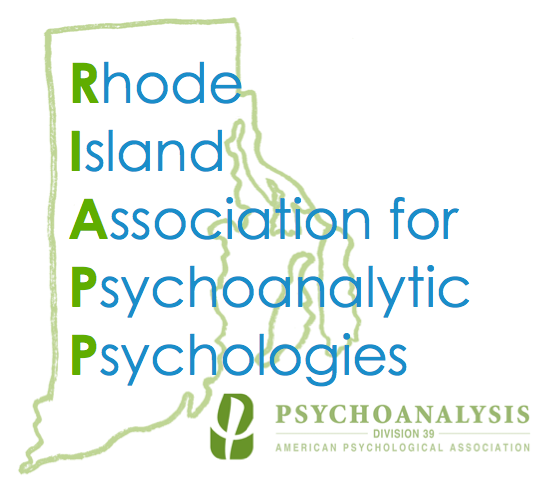This Wednesday Evening Lecture will be virtual, using Zoom. Please register for more information on how to attend.
1.5 Continuing Education Credits
In this program, Dr. Levit will provide an overview of Somatic Experiencing (SE), which is a non-psychoanalytic, bio-psychological model developed for treating PTSD. He will then present clinical vignettes to illustrate interweaving SE into psychoanalytic work in order to enhance psychoanalytic holding. He will discuss original Winnicottian meanings of holding, and their relationship to the concept of containing. He will make the case that, while psychoanalytic therapy offers powerful forms of containment for highly traumatized and dissociative patients, it has generally failed to provide a specific and essential form of holding. This relative deficit has contributed to contemporary interest among many psychoanalytic practitioners in looking toward a variety of other modalities and practices (EMDR, neurofeedback, somatic therapies such as SE, etc.).
LEARNING OBJECTIVES
1. Explain specific meanings of the psychoanalytic concept of Holding, as originally defined by D. W. Winnicott.
2. Name the innate human responses to threat, as spelled out in Stephen Porges’ theory.
3. Describe a therapeutic intervention based on Somatic Experiencing and how it can enhance Holding in the psychoanalytic therapy with a patient who has history of trauma and manifest severe dissociative states.
David Levit, Ph.D., ABPP is a Diplomate in Psychoanalysis and in Clinical Psychology. He is a Fellow at the American Board and Academy of Psychoanalysis and a Fellow at the American Academy of Clinical Psychology. He is an SEP (Somatic Experiencing Practitioner). His current faculty positions are: Faculty and Supervising Analyst, Massachusetts Institute for Psychoanalysis (MIP); Co-founder, Co-chair, and Faculty, MIP Postgraduate Fellowship Program-West; Instructor in Psychiatry, University of Massachusetts Medical School; Adjunct Instructor in Psychiatry, Tufts Medical School. His office is in Amherst, MA where he has been in private practice since 1989. He provides individual therapy and psychoanalysis for adults and consultation for colleagues.
REFERENCES
Brom, D., Stokar, Y., Lawi, C., Nuriel-Porat, V., Ziv, Y., Lerner, K., and Ross, G. (2017). Somatic Experiencing for Posttraumatic Stress Disorder: A randomized controlled outcome study. Journal of Traumatic Stress, 30(3), 304-312.
Levine, P. A., (2010). In an unspoken voice: How the body releases trauma and restores goodness. Berkeley, CA: North Atlantic Books.
Levit, D. (2018). Somatic Experiencing: In the realms of trauma and dissociation – What we can do, when what we do, is really not good enough. Psychoanalytic Dialogues, 28(5), 586-601.
Levit, D. (2018). Continuing the dialogue between psychoanalysis and Somatic Experiencing: Reply to Bass, Leddick, Levine, Blakeslee, Sylvae, and Lombardi. Psychoanalytic Dialogues, 28(5), 640-645.
Ogden, T. H. (2004). On holding and containing, being and dreaming. International Journal of Psychoanalysis, 85, 1,349-1,364.
Rappoport, E. (2015). Dynamic linking of psyche and soma: Somatic Experiencing and embodied mentalization. In J Bresler and K. Starr (Eds.). Relational psychoanalysis and psychotherapy integration: An evolving synergy. New York: Routledge, pp. 136-158.

